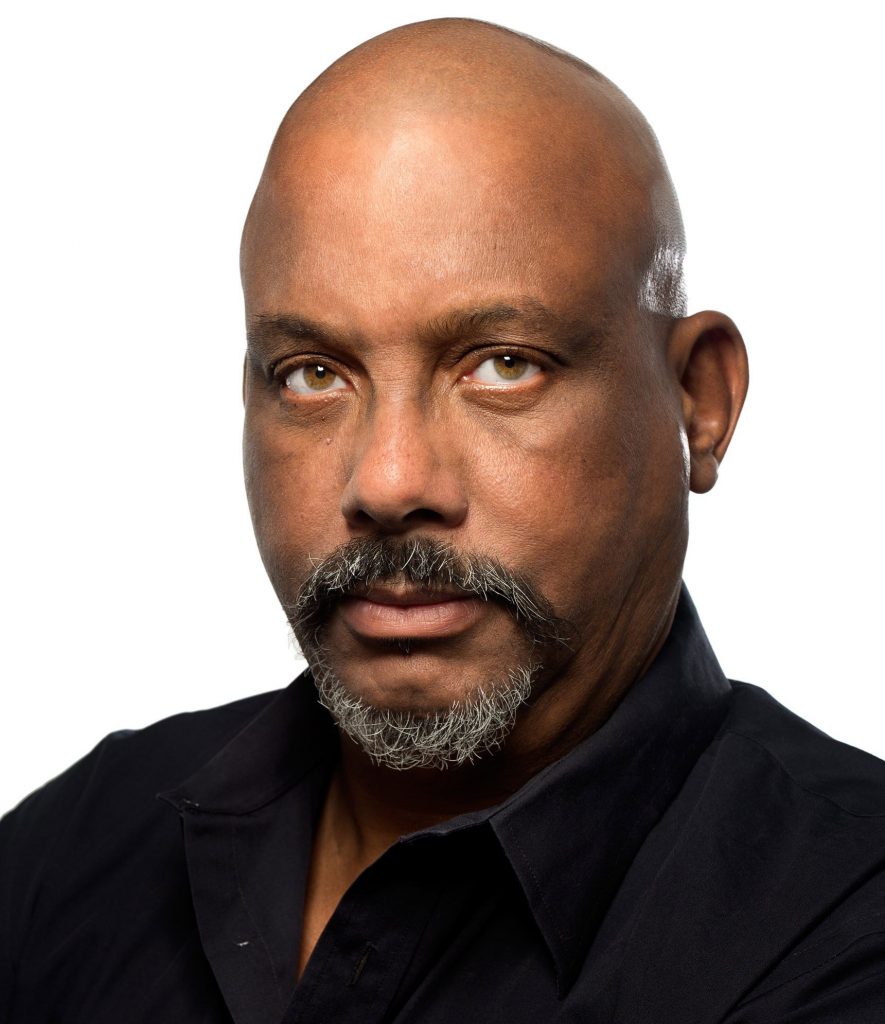One is the deadliest number

BitDepth#1249
ON MONDAY, the Government began a phased relaxation of restrictions imposed to control the spread of covid19.
Minister of Health Terrence Deyalsingh declared his ministry to be nervous about the potential outcome of even these first tentative relaxation measures.
The reports of first-day civility in patronising fast food outlets were welcome news. The mobs, the long queues, the crush for fries simply did not happen.
There are so many uncertainties ahead of us, but they are governed by the cruel certainties that we know.
A Facebook friend posted a note about the sudden death of his mother after contracting covid19. Within days, she had crashed from diagnosed to dead.
This virus tears through the aged and infirm, particularly those with respiratory issues, like a bullet through wet toilet paper.
We are a social nation and we will be tempted to take a chance and push the limits of the established restrictions on mask wearing and physical distancing.
These measures are not solutions, they are pressure on a wound, a finger in the dyke. The underlying problem will remain until science engineers a response.
On September 28, 1918, Philadelphia held a war bonds parade to raise funds for troops in World War I.
It was a successful effort, doubling the fundraising target to US$600 million.
Nine days earlier, sailors disembarked at the city’s port, bringing the first known cases of influenza from Europe. The hardest hit European nation, Spain, would give its name to the pandemic, thereafter known as the Spanish Flu.
A day after the Broad Street parade, which had been attended by an estimated 200,000 people, 118 people had been diagnosed with influenza. A day after that, every bed in Philadelphia’s 31 hospitals was occupied.
In a week, 4,500 people in the city were killed by the flu and ten times that were infected.
Before the spread of the virus was brought under control, 17,000 people in the city died from influenza.
Astonishingly, there would be another public gathering on Broad Street on November 11, 1918, for Armistice Day.
There are no memorials in Philadelphia to this staggering death toll, though the city’s Mutter Museum, a medical history institution, opened an exhibit in 2019 titled
“Spit spreads death.”
A hundred years later, the TT Government led a largely successful effort to reduce the transmission of the novel coronavirus through a programme of restrictions led by a body of internationally aggregated science.
I remain both astonished and grateful for this. Acknowledgement of the supremacy of verifiable science and data over emotion and social alignments is not a strategy that traditionally thrives in politics.
The political leadership of this country – all the political leadership – face the challenge of driving home to their peers, supporters and adherents a message that defies our instincts to gather, to herd to prance.
If our old talk and backchatter proceed in misalignment with the demands of the science of virus control, we risk nothing less than widespread death.
We know that massive spread can be initiated by just one person with extensive social contact. Respiratory droplet transmission is verified, and medical science is still evaluating the dangers of droplet nuclei, tiny particles of respiratory vapour that can travel long distances.
In sophisticated contact tracing, South Korea’s patient 31 clocked more than a thousand contacts before testing positive, much of that time asymptomatic but infectious. Patient 31 is believed to have infected 60 per cent of the more than 10,000 cases in South Korea by March 13.
It takes only one.
Mark Lyndersay is the editor of technewstt.com. An expanded version of this column can be found there


Comments
"One is the deadliest number"